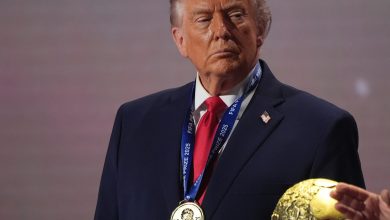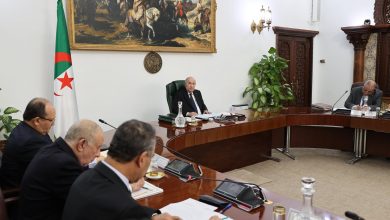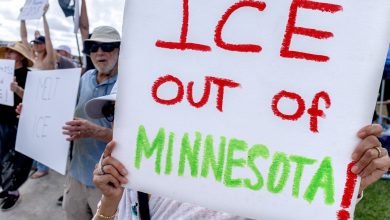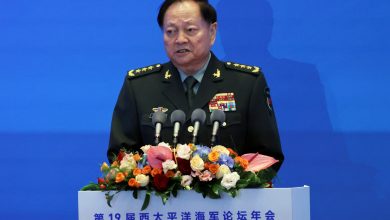Kordofan region, Sudan – The Sudanese Armed Forces (SAF) are actively reinforcing their defenses and securing strategic locations in the Kordofan region, following weeks of Rapid Support Forces (RSF) advances, including the capture of El Fasher, the capital of North Darfur. The ongoing battles in Kordofan are considered pivotal in determining the future trajectory of the conflict.
Military expert Colonel Hatem Karim al-Fallahi, in an analysis provided to DZWatch, stated that the fighting is concentrated in three key states: North Kordofan, West Kordofan, and South Kordofan. The town of Babanusa in West Kordofan is of particular strategic importance as it represents one of the last SAF strongholds in the region.
Colonel al-Fallahi explained that the SAF is focused on establishing direct communication and providing support to units besieged in Babanusa. These efforts include reinforcing defensive lines and conducting airdrops of supplies. He emphasized that the outcome of the current battles in Kordofan will significantly influence the course of future military operations.
“The army’s success in protecting strategic cities like Babanusa will have a decisive impact on the military and regional balance in Sudan in the coming weeks,” al-Fallahi stated.
The Kordofan region comprises three states: North Kordofan (capital: El Obeid), South Kordofan (capital: Kadugli), and West Kordofan (capital: Al Fula). According to al-Fallahi, the SAF aims to disrupt RSF attempts to seize control of multiple areas, including Dilling and Kadugli, after previously besieging El Fasher.
He added that the RSF employs a broad ground strategy involving multiple operations across the three regions, accompanied by aerial bombardment and targeting of strategic assets, such as the Al Jabalain oil fields and areas in the north, including Port Sudan and Merowe Airport.
The SAF maintains control over South Kordofan and major cities in North Kordofan, such as El Obeid, as well as Babanusa in the west. Conversely, the RSF controls towns in North Kordofan, including Bara and Al-Nuhud in the west, and Al Dabaybat in the south.
Al-Fallahi noted that the Sudanese army is seeking to bolster its air capabilities by importing aircraft, including Russian-made Sukhoi fighters, to enhance air superiority and provide cover for ground operations.




